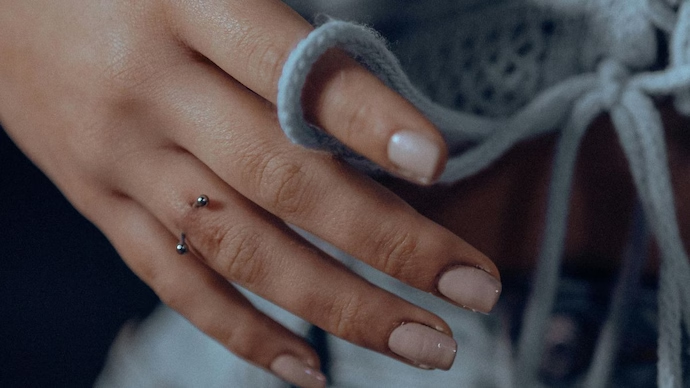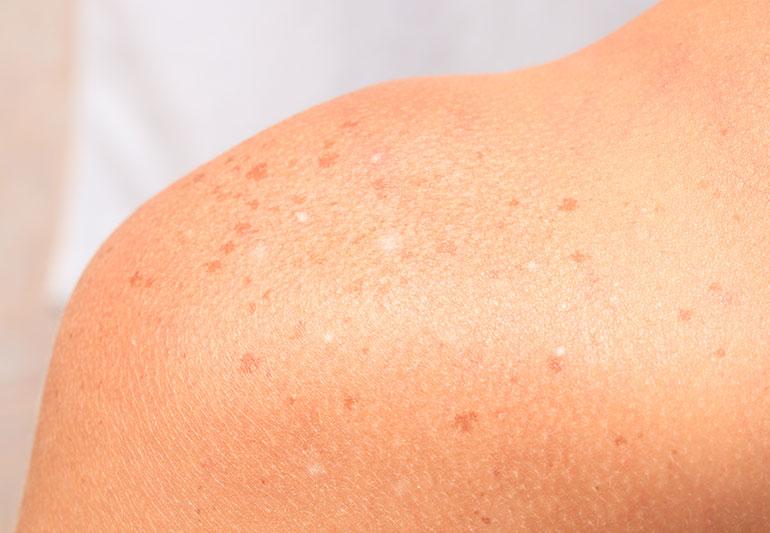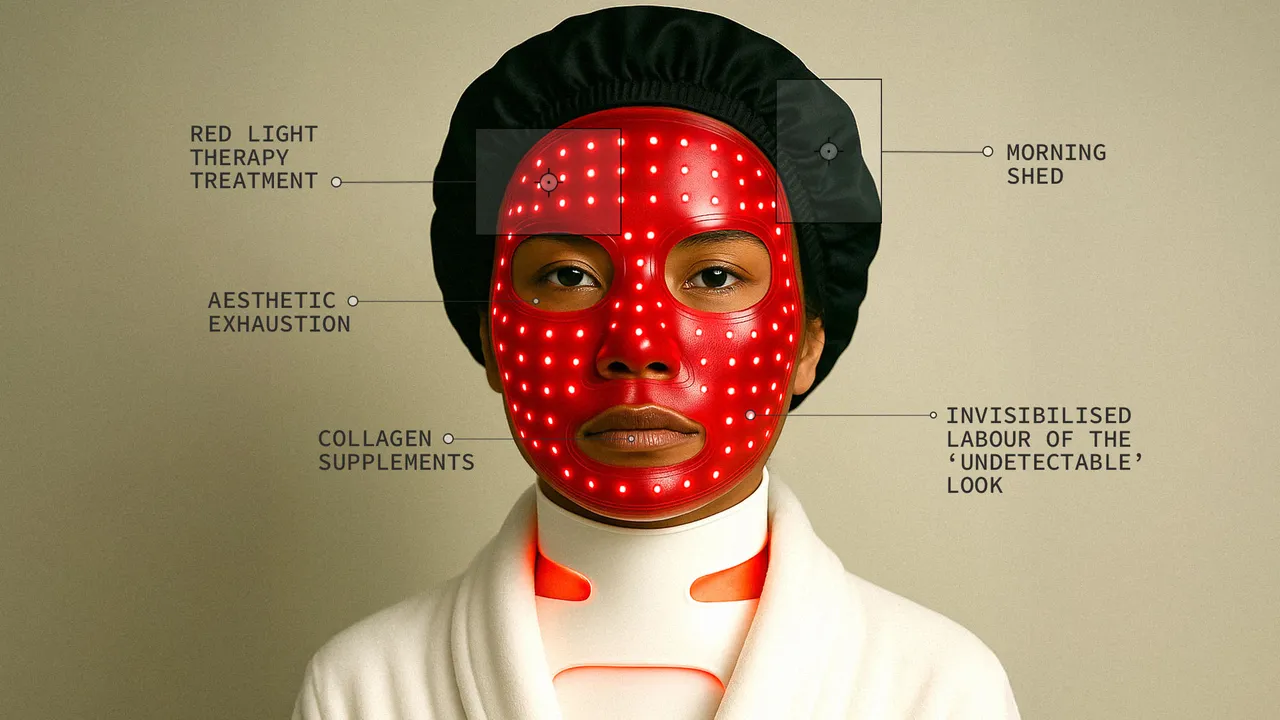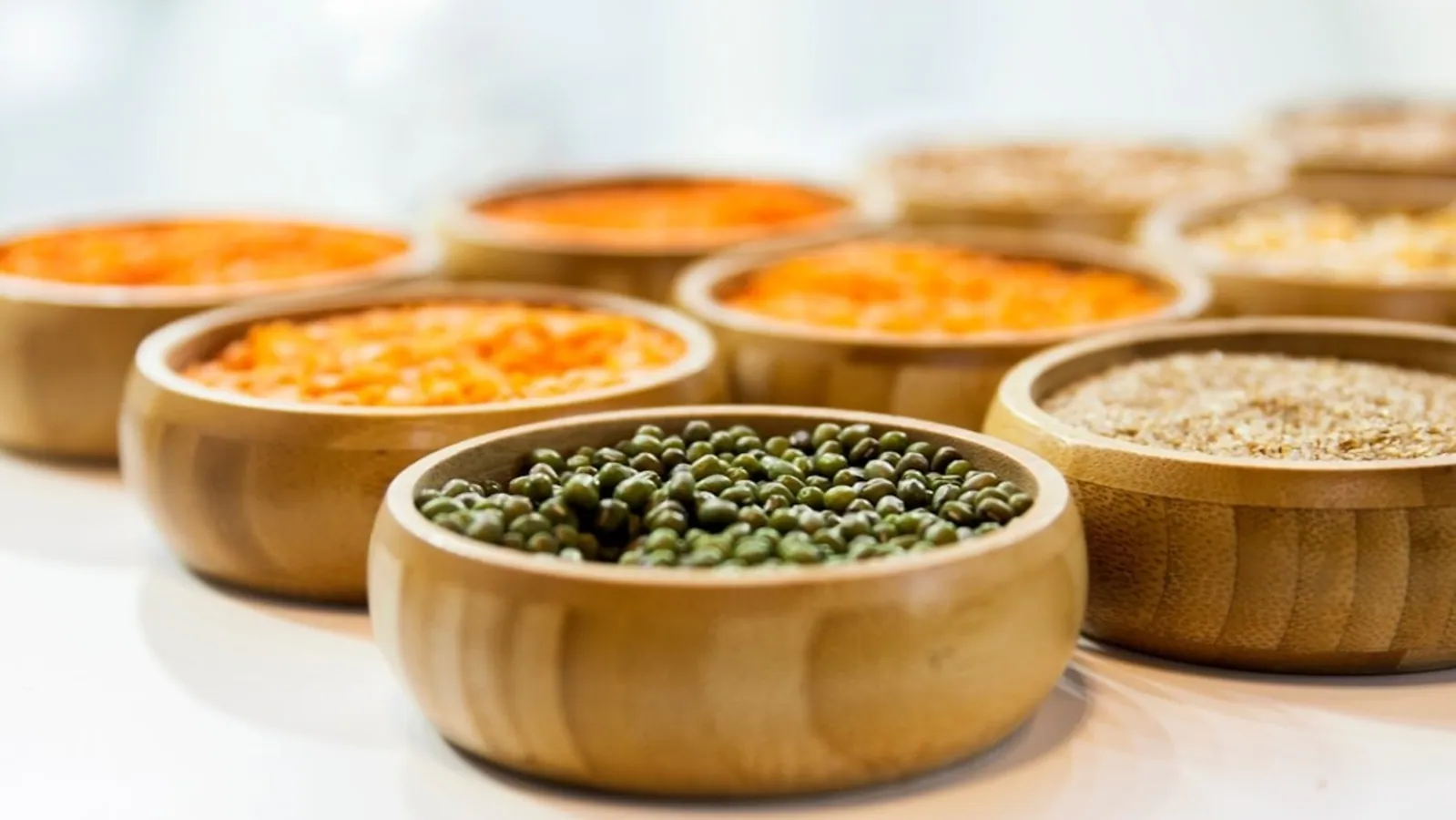Health & Beauty
Eye Care After 30: 7 Crucial Pointers for Age-Proof Vision
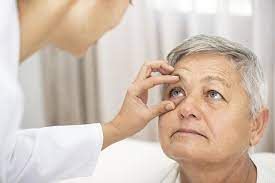

By Kajal Sharma - 25 Jan 2024 09:18 PM
From the time of our birth, our eyes begin to function. And they never stop working for the duration of our lives. A average person will have seen the world for close to 200,000 hours by the time they are 30 years old. This massive exposure to the outside environment combines artificial radiation from screens and interior illumination with natural radiation from the sun and wind. All of these lead to aging and a decline in the health of the eyes in addition to putting some strain on the eyes. These seven suggestions can help you ensure that, at thirty, you have decent vision.Use UV protection when spending a lot of time outside, such as UV-resistant glasses or sunglasses. This is especially crucial if you have pale skin, frequent higher elevations, or work in an occupation that requires a lot of outdoor exercise and sun exposure. In addition to being known to harm the eyes, UV light increases the risk of cataract development, age-related macular degeneration, and retinopathy.
Our eyes are mostly made of water, and a tear film that primarily consists of water covers them. Together with proteins, enzymes, and electrolytes, water makes up this tear film. Our eyes can become dry from prolonged screen time and controlled air conditioning situations. Staying hydrated is possible with a lot of water consumption. Happy eyes are moist eyes. They improve your vision and lessen strain on your eyes.It has been demonstrated that outdoor activities and long-distance gazing both protect eyesight. Studies have shown that school-age children who participate in sports and other outdoor activities for two hours outside had a lower risk of developing progressive myopia, or deterioration of the eyesight. Pencil pushups are one type of exercise that helps strengthen the muscles in the eyes and keep vision from deteriorating with age.For optimal eye health, a diet high in zinc, vitamins A, C, and E, antioxidants like lutein and zeaxanthin, and vital fatty acids is recommended. Green leafy vegetables, carrots, beets, almonds, eggs, salmon, avocados, peaches, citrus fruits, and Indian gooseberries are good sources of these micronutrients.




